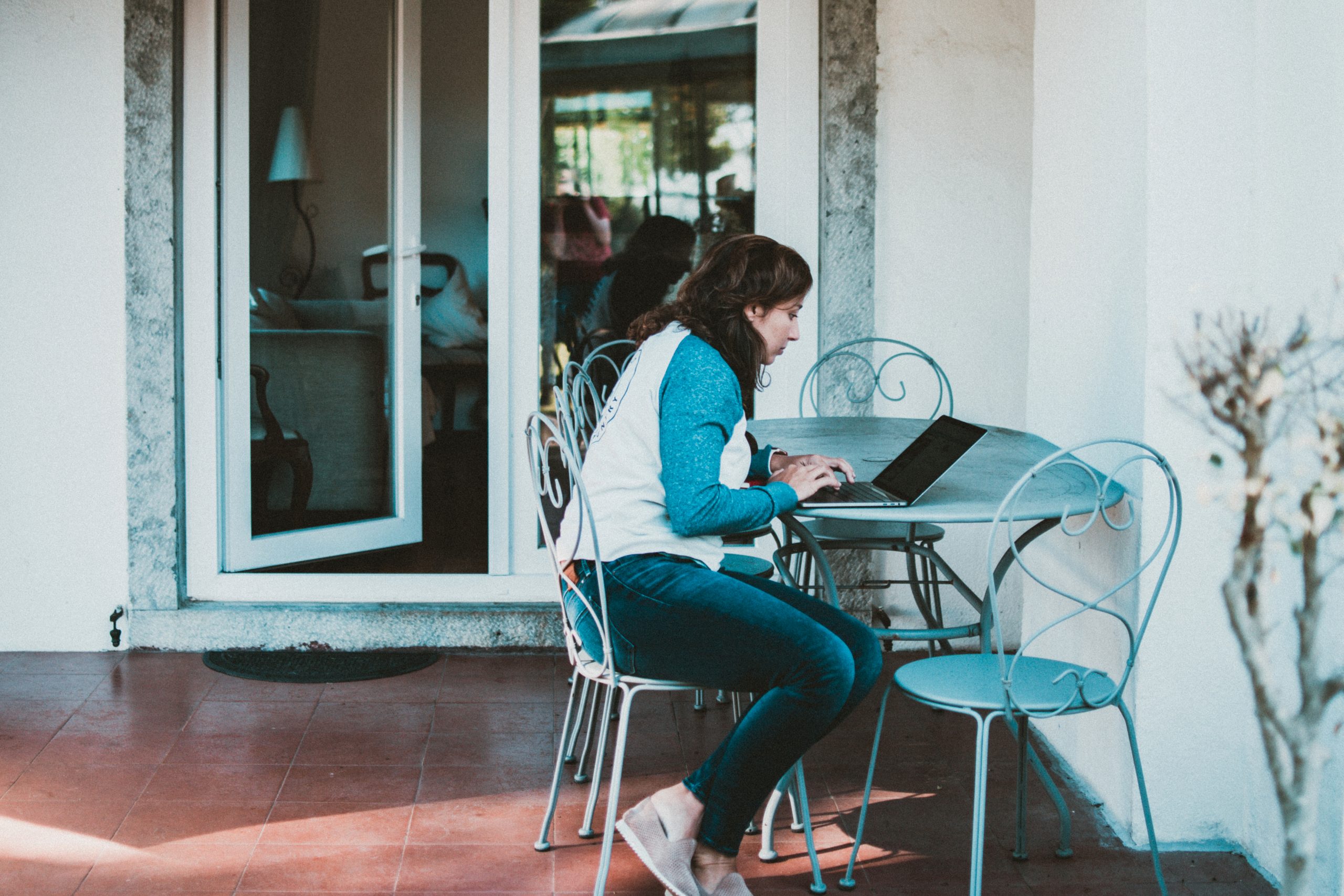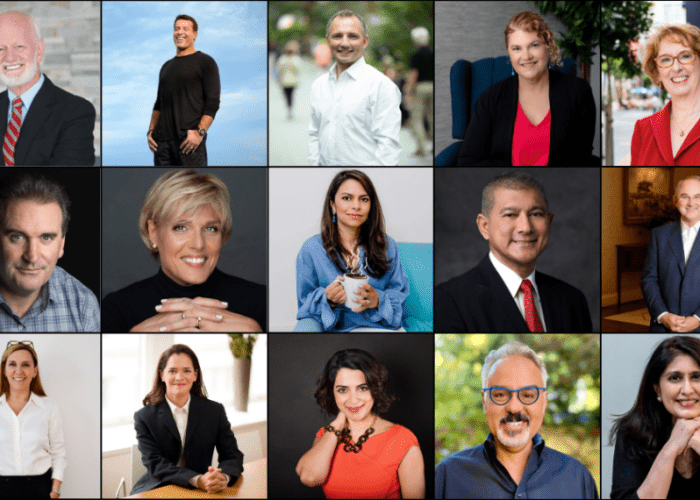Working from home can be a productivity challenge, but these research-backed tips can help you during the coronavirus closings.
When I first started writing “Creating Your Best Life” (Sterling 2008), the first evidence-based goal-setting book for the mass market, I ran into an immediate problem: I couldn’t write from my home office – a place where I’d successfully run every aspect of my company for years. Given the difficult deadlines the publisher had given me, I knew I was in trouble and that I had to solve my problem fast. After all, if I couldn’t finish a book about accomplishing hard goals, how could I possibly write a book that would give other people the confidence that THEY could do hard things, too, regardless of the challenges facing them?
Consequently, I studied every single aspect of goal accomplishment that had any shred of science behind it so that I could resolve my own issue and learn as much as possible that could help others. In the process, I discovered dozens of new hacks that hadn’t been discussed outside of academia before. “Creating Your Best Life” ended up breaking new ground as the first goal-setting book to feature these findings, along with the footnotes and research to back them up. Twelve years later, the book is still iconic, and was even named the top goal-setting book for 2020 on Thrive Global.
Below are the five top things I think you should know if you need to get work done from home in the near future, or at any time. Every tip I’m providing isn’t just my opinion; all are from research that I have gleaned from academia and other research-based sites.
- Change Your View. When we become accustomed to doing certain things in certain rooms, we “prime” ourselves to associate being in that room with that activity, making it hard to perform new activities in that same location without undue mental effort. As I noted above, I successfully ran a virtual coaching business for over a decade from a well-lit, organized home office, but when I started trying to write from that same office, I hit a brick wall. I had primed the room for too many years with specific actions and thoughts, which were counterproductive to long, quiet writing stints. I solved this by only writing in locations that were completely “unprimed” – like Priceline hotel rooms and borrowed rooms or houses in other cities. Since the current coronavirus restraints will keep many of us at home, “prime” a location for working that you haven’t used for anything else before. For example, if there is a chair that you rarely sit in, use that and and then only use it for work tasks. If there’s no place in the entire home that is unprimed, change the room around so that it appears new (remember, this is temporary for many people). Move a table to a new angle. Change artwork on the wall. Rearrange furniture. Stare out a window you rarely look out of. Trust me – this works.
- Move Fast & Hard. Study after study has shown that people feel more confident, energetic, creative and proactive when they start their day with physical activity. Why? Testosterone and self-regulation stores are at their highest in the mornings, and when you have a “mastery” (accomplishing a goal) experience at the start of the day that fills your body with endorphins, you set yourself up for a domino effect of more accomplished goals. And people who do hard things often do other hard things right away, so it creates a leveraged effect that will pay off immediately. You don’t have to run ten miles – especially if you are staying at home and time is of the essence to suddenly juggle a large number of things – so just do a two-minute plank, download a seven-minute app on your phone (I do this one from the New York Times) and do it as early as you can, or get a bunch of pushups and situps done within the first thirty minutes of waking up. You’re going for the interval-training effect and not the moderate and long approach, and if it’s bite-sized, you will evoke the hope that you can and will do it (and it could create a positively contagious impact in your own home environment!).
- Get Your Smile On. One of the first findings that blew me away when I went back to school and got one of the first 34 Masters degrees in the world in Applied Positive Psychology in 2006 was that all success is preceded by being happy first, not vice versa. What that means is that it is your responsibility, professionally and personally, to intervene on yourself with any of the known “positive interventions” that improve well-being according to the research, and to make it part of your daily routine. Don’t wait for happiness to descend upon you like a cloud; much of it is your choice. Some of the interventions include meditation, counting your blessings (gratitude boosting), forgiving others, being altruistic and using your top five character strengths in new and creative ways (I use the free VIA Character Strengths Survey for this purpose. If you’d like a free, detailed handout on positive interventions, just text GRIT to 33777.)
- Make A List. Although there is a lot of research on how to deal with anxiety, which is being dished out daily with the uncertain news reports, some of the best research I’ve seen on anxiety is about how to proactively prevent it, and that’s by making a list of what needs to be done. After you get up every morning, do something hard and up your well-being, make a list of what needs to be done every single day to organize your thoughts, your energy and your time. When you do this, you reduce “cognitive load” and make it easier for yourself to be creative, successful calm and focused throughout the day. List-making is more powerful and calming than you might think.
- Tell Someone Else. One of the biggest mistakes I see is that people fail to make themselves accountable for the actions they need to take to accomplish their goals. When I was writing “Creating Your Best Life,” I called someone every single morning to tell her what I planned to write that day, what research I’d be including and what stories I wanted to tell to illustrate my points. At the end of the work day, I sent her an email telling her I had done it, and if I hadn’t, what obstacles had come up and how I would handle them the next day. Some people create group accountability on WhatsApp or through a mastermind group formed for specific goal accomplishment. The reasons why these work so well is because we want to look good to other people and not disappoint them.
###
For more tips like this, including free worksheets and chapters, visit my website and sign up for my newsletter. “Creating Your Best Life” will be reissued in December 2020 with a new cover, introduction and updated look. Videos, including weekly #MotivationMonday tips, are available at YouTube and Instagram.
Photo of woman with laptop by Lisa Fotios and photo of man planking by Keiji Yoshiki, both from Canva.
#MotivationMonday #success #goals #successtips #coronavirus #anxiety #priming #mastermind #goalaccomplishment #happiness #flourishing #positiveinterventions #exercise




